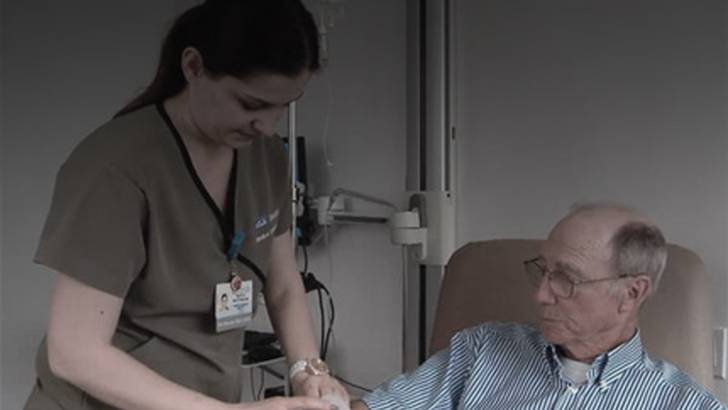In a new study, researchers from the University of California-Los Angeles studied tumor response and overall survival following the administration of a new treatment among patients with advanced melanoma. This agent, called pembrolizumab, is an antibody that blocks PD-1, a protein which prevents the body's immune system from attacking the cancer.
The researchers tested pembrolizumab on more than 650 patients in North America, Europe and Australia. They looked at tumor response before and after treatment and found that the lesions were smaller in about one third of patients. In patients who responded to the treatment, seventy-five percent maintained the response at one or two years.
ReachMD
Be part of the knowledge.™We’re glad to see you’re enjoying ReachMD…
but how about a more personalized experience?
New Treatment for Advanced Melanoma Shows Promise

In Partnership with
Overview
Related
Association of Pembrolizumab With Tumor Response and Survival Among Patients With Advanced Melanoma
Show more
Recommended
In Partnership with
Overview
In a new study, researchers from the University of California-Los Angeles studied tumor response and overall survival following the administration of a new treatment among patients with advanced melanoma. This agent, called pembrolizumab, is an antibody that blocks PD-1, a protein which prevents the body's immune system from attacking the cancer.
The researchers tested pembrolizumab on more than 650 patients in North America, Europe and Australia. They looked at tumor response before and after treatment and found that the lesions were smaller in about one third of patients. In patients who responded to the treatment, seventy-five percent maintained the response at one or two years.
Related
Association of Pembrolizumab With Tumor Response and Survival Among Patients With Advanced Melanoma
Show more


Facebook Comments